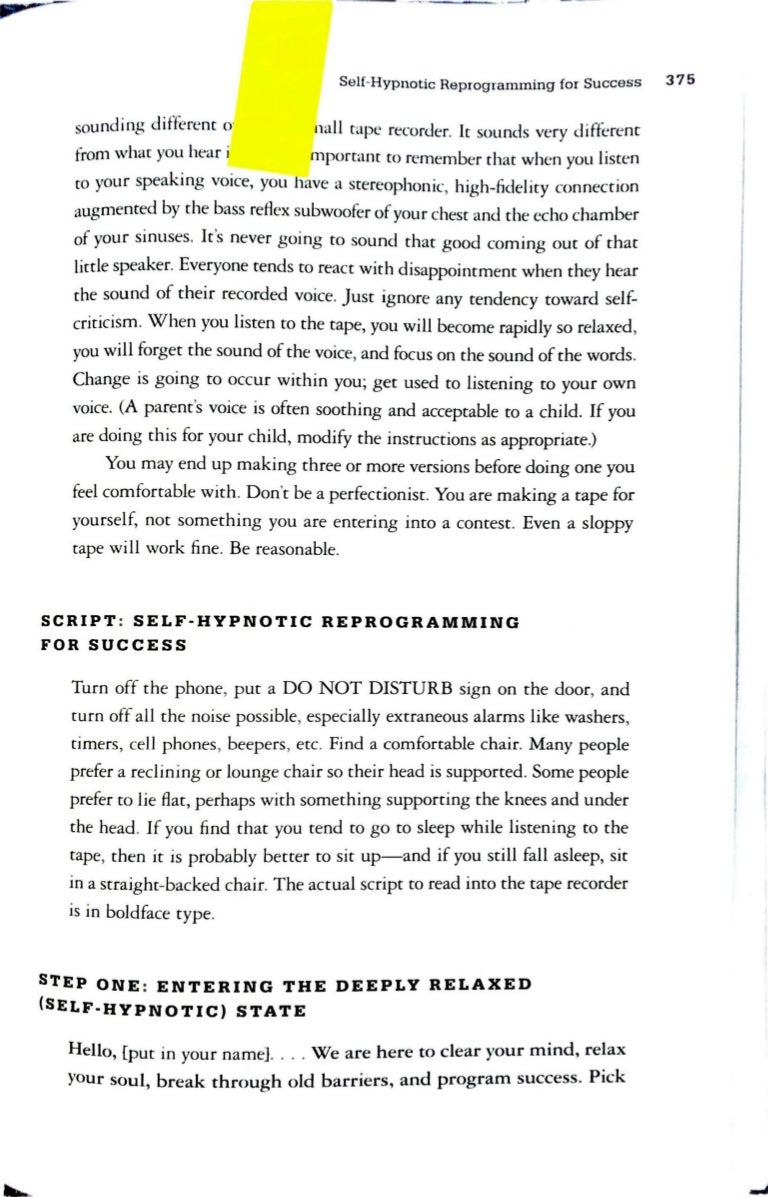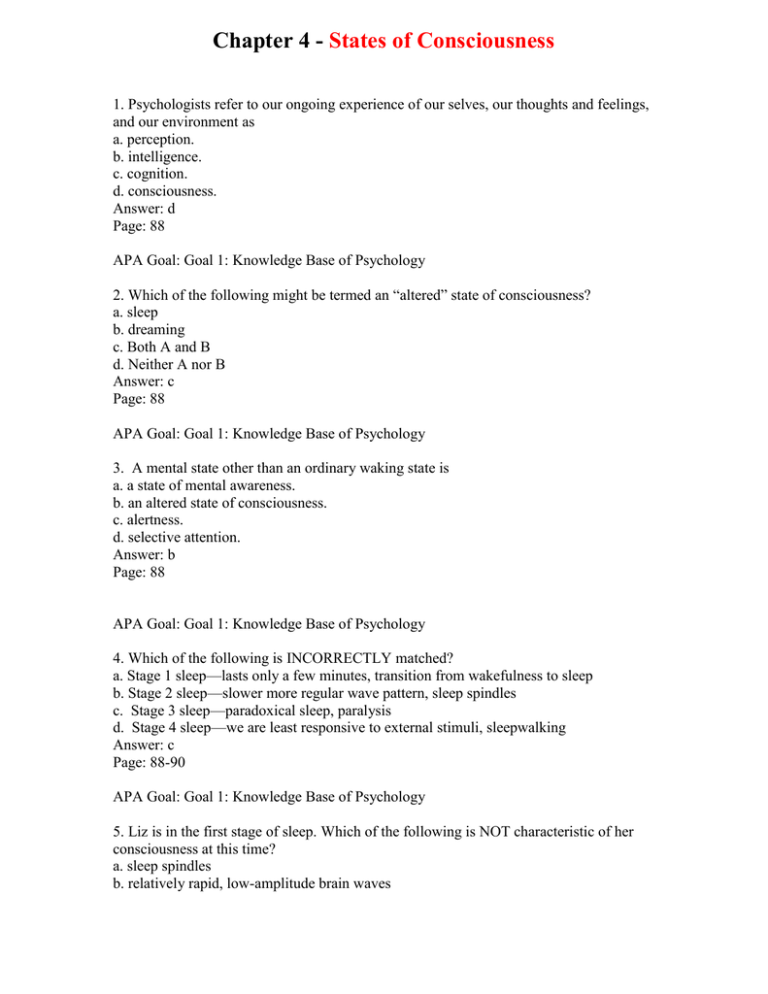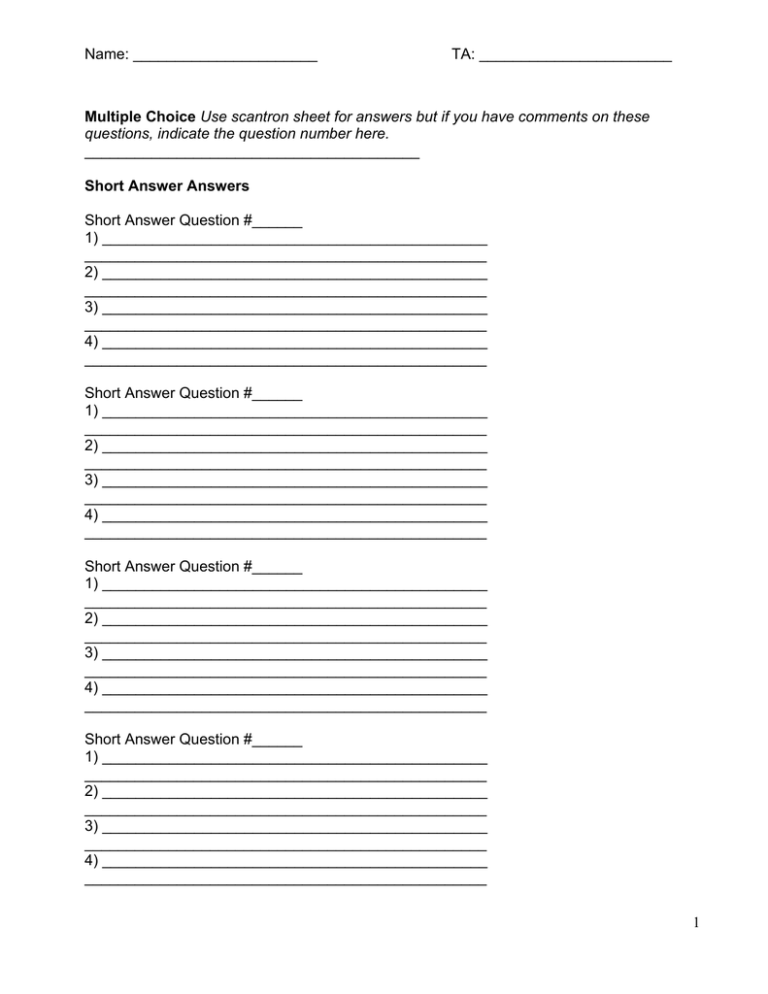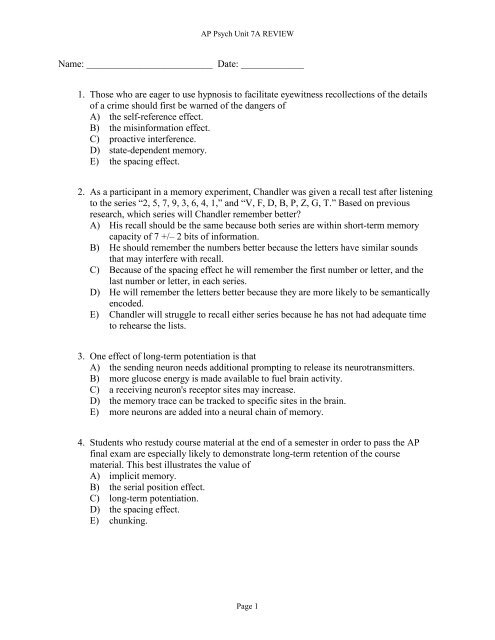The First Term Used to Describe Hypnosis Was ______
He explained his reasoning in an 1889 paper. A few decades after Mesmers death in 1841 Scottish surgeon James Baird referred to Mesmerism as hypnosis shortening the term neuro-hypnotism used to describe nervous sleep which had first been used in 1820 by Étienne Félix dHenin de Cuvillers a French practitioner of Mesmerism.
The history of hypnosis is as ancient as that of sorcery magic and medicine.

. Hypnosis may be overt or covert and may be direct or indirect. However typical experiences are disorientation in space and time drowsiness dissociation profound physical relaxation and mental calm etc. This article was significantly updated on 29 March 2016 to include a more expansive list of hypnotic power words since its original publication in October 2014.
And that tool is. These terms tend to be associated with ad-hoc informal demonstrations of hypnosis in a public or private environment for entertainment. When it comes to hypnosis one tool is more powerful than all the others put together.
Hypnos was the Greek god of sleep and his name gives us the words hypnosis a particular mental state hypnotism and hypnotherapy related processes. The first is street hypnosis which is performed by a street hypnotist. Tap again to see term.
Maybe animal magnetism was not as far from the mark as first thought. What is another name for the Forebrain. Where in the nervous system does nicotine act.
We first see the use of the terms hypnosis and hypnotism around 1820 and these were credited to Étienne Félix dHenin de Cuvillers who was a follower of Franz Mesmer but offered an alternative theory on how magnetism affected our body to help heal it. 2 Hysteria is a term used to describe. Before hypnosis was well understood the terms magnetism and mesmerism were used to describe these healing phenomena.
Often those who are in hypnotic trances have heightened suggestibility. The Swiss physician Paracelsus 1493-1541 was the first to use magnets for healing instead of the divine touch or a holy relic. Not infrequently we see hysterical symptoms manifest themselves at the first attempt of Hypnosis which may thus be the occasional cause of hysteria.
Hypnosis is a trance-like mental state in which people experience increased attention concentration and suggestibility. There are many types of inductions. In the late 19th century a French neurologist Jean Martin Charcot 1825-1893 thought hypnotism to be a special physiological state and his contemporary Hyppotite-Marie Bernheim 1840-1919 believed it to.
Hypnosis Hypnotherapy Hypnotism Hypnotist Hypnotized. While hypnosis is often described as a sleep-like state it is better expressed as a state of focused attention heightened suggestibility and vivid fantasies. Hypnosis is a term which is often mystified mis-understood or simply over complicated.
What were the findings of the fMRI study of people driving in a simulator while using a hands-free device. Click card to see definition. The therapeutic use of hypnosis for the treatment of either physical or psychological symptoms.
D all of the above. Hypnosis was a term introduced to get away from the term animal magnetism. C a general release of emotional tension.
Describe the psychological and physical aspects of hypnosis and discuss the role of relaxation in hypnotherapy Hypnosis can be traced as far back as the ancient Egyptians where it was used as a means of curing illnesses through suggestion it was known as the curing sleep. The first term used to describe hypnosis was _____. The term was first used by James Braid in 1841 derived from Greek words hypnos and sleep Hypnotherapy.
The second term is stage hypnosis which is performed by a stage hypnotist. The first step of hypnosis a hypnotic induction is the process that a hypnotist uses to put the client into a state where they are more open to suggestion known as trance. Hypnosis can be described as a sleep like trance and a state of.
The Hypnosis Motivation Institute provides a glossary of terms and definitions used in the mental health field of Hypnotherapy. Cognitive Behavioural Therapy is accepted via NICE guidelines for NHS referral. B a variety of symptoms such as paralysis and disturbances of sight and speech.
People in a hypnotic state often seem sleepy and zoned out but in reality they are in. Because of his mistaken belief that hypnotism. Charcot only used Hypnosis when dealing with hysterical patients because he felt he could utilize the state to work against itself.
Hypnosis is nothing new in fact it has been widely practiced since the early 1700s Most people are familiar with the term mesmerized which in fact came from an Australian doctor named Franz Anton Mesmer who lived from 1733-1815 1 Mesmer had a theory that he could heal people with the use of magnets and Franziska Osterlin was his first patient in 1774 followed. It also gives us the familiar pharmacological term hypnotic for a drug used to induce sleep. You might even say that without it hypnosis would be impossible.
Use the Alphabetical Menu below to browse the Glossary. The term hypnosis was introduced in the 1840s by a Scottish surgeon James Braid 1795-1860 who believed the subject to be in a particular state of sleep--a trance. Indeed hypnosis has been used as a method in all threeIts scientific history began in the latter part of the 18th century with Franz Mesmer a German physician who used hypnosis in the treatment of patients in Vienna and Paris.
History and early research. Hypnosis is a set of processes and resultant mono-focused states of mind in which the unconscious mind may be guided towards altered perceptions of reality. Psychological and Physical Aspects of Hypnosis HypnosisPsychological and physical aspects of hypnosisHypnosis is a natural state of mind that can be used for many purposes in different settings.
With our knowledge of electromagnetic fields of the heart and brain. Those moments when our minds wander and we daydream when we focus intently on something and block everything else out or when we zone out either in front of the television. Click again to see term.
Nowadays research in the field of hypnosis and associated areas has blossomed and there are valuable evidence that hypnosis has real and measurable affects. It is used to describe a trance like state however in reality we all go in and out of mild trances every day.

4 Which Of The Following Is Incorrectly Matched


Comments
Post a Comment